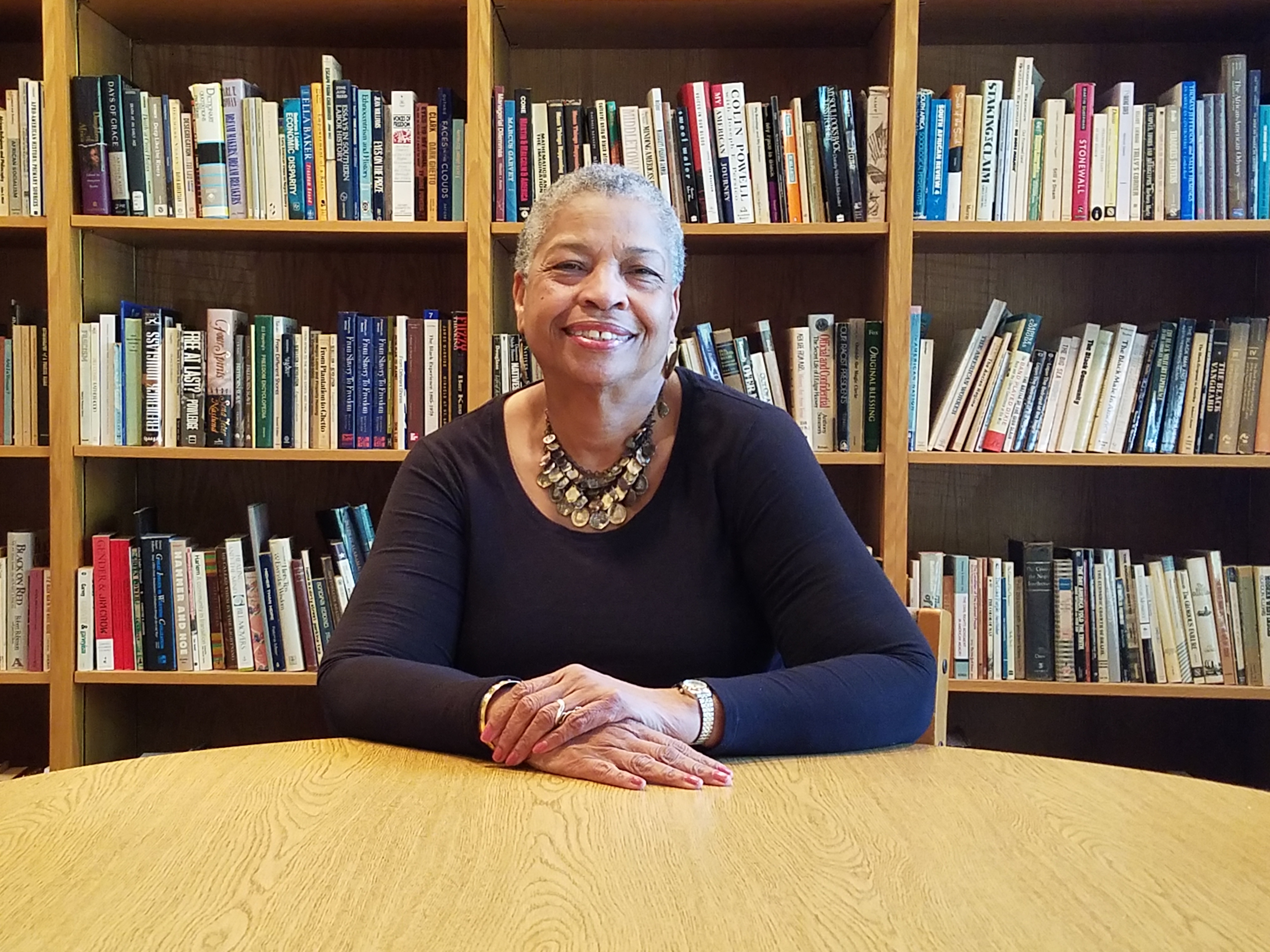Ariel Worthy
The Birmingham Times

Priscilla Hancock Cooper, vice president of Institutional Programs at the Birmingham Civil Rights Institute (BCRI), may have retired but that doesn’t mean she won’t continue to help the Institute continue to play a key role in the city.
“I will still be around to raise a glass to the 25th anniversary” later this year, Cooper said in an interview this week.
Cooper, who served as interim BCRI President and CEO from 2014–15, said, “I am deeply grateful for the many wonderful experiences this work has afforded, especially the friendships I’ve made. While it is difficult to leave, I do look forward to spending more time with my family.”
Andrea Taylor, CEO of the BCRI, said, “We wish Priscilla all the best in retirement and are pleased that she will continue to consult with BCRI on selected projects and to serve as a member of the Alabama Bicentennial Commission.”
Cooper’s initial work at BCRI began in 1990 as copywriter and education consultant for the permanent exhibition before the grand opening 25 years ago.
The Institute has come a long way, she said.
“We could have not imagined when the institute opened what a force it would be in terms of tourism. All kinds of positive economic impact has happened because of it,” she said. “It’s a place where people can come together and talk about difficult issues. It’s challenging but it’s so important. It’s been a community meeting space. It’s earned a place in the heart of the community. The institute collectively recognizes it wouldn’t exist without the many brave people who were willing to confront segregation.”
It has also brought a lot of national light to the iconic Rev. Fred Shuttlesworth, she said.
“Many people outside of Birmingham didn’t know anything about him, and with the opening of the institute, his story became more visible.”
One of the great contributions by the institute has been allowing people to tell their stories with the Oral History project, Cooper said.
“Prior to that people weren’t talking about their experience during the [Civil Rights] movement,” she said. “People didn’t really talk about what was going on. This has given people permission and the opportunity to share their stories; I think we have about 500 oral histories collected.”
The Institute has had an impact on teachers as well, Cooper said.
“We have trained hundreds of teachers about civil rights history through a variety of national workshops, local workshops, online resources. Whenever you train a teacher you’re reaching thousands of students.”
She is most proud of her stewardship of the Institute’s after-school program that later received an award from the President’s Committee on the Arts and Humanities in 2006.
She also recalls fondly sending a group of students to South Africa as part of an exchange program.
“A group of South African students came here. The exchange was a partnership was with the Nelson Mandela House and Apartheid Museum,” Cooper said. “We had the city’s first and only Mandela Day while they were here and the community turned out. Mayor Bell came out. It was at Kelly Ingram Park. Our students sang freedom songs and the South African students sang anti-apartheid songs, and they were all dancing together. It was fabulous, and the most wonderful thing about it is those students were able to maintain those relationships and friendships.”
Cooper has been mentor for numerous youth and adults in museum studies and also directed the Leadership Initiative for the Association of African American Museums, a national training program for museum professionals.
A gifted poet and performer, Cooper has received two individual artist fellowships from the Alabama State Council on the Arts.
“The thing I’m most excited about and getting the most pressure about is getting back to creative life as a poet and a playwright, and I can spend time with my grandchildren,” she said. “I’ve had these characters walking around in my head for years now so I hope I can get them on paper.”
A native of Louisville, Kentucky, Cooper is the mother of three adult children and grandmother of six.



